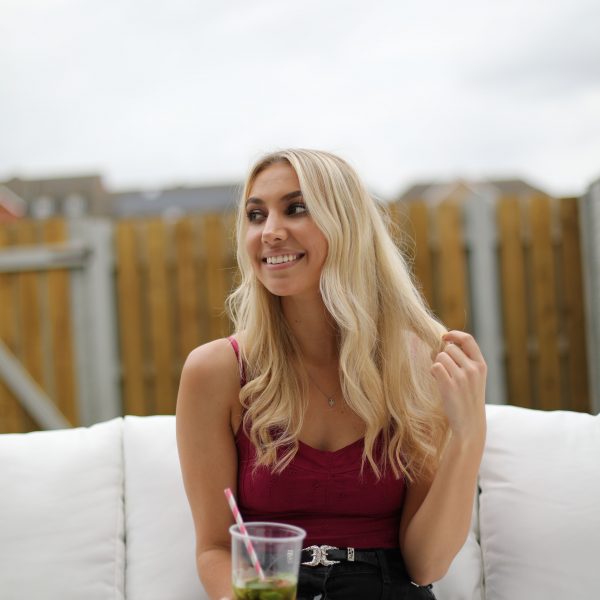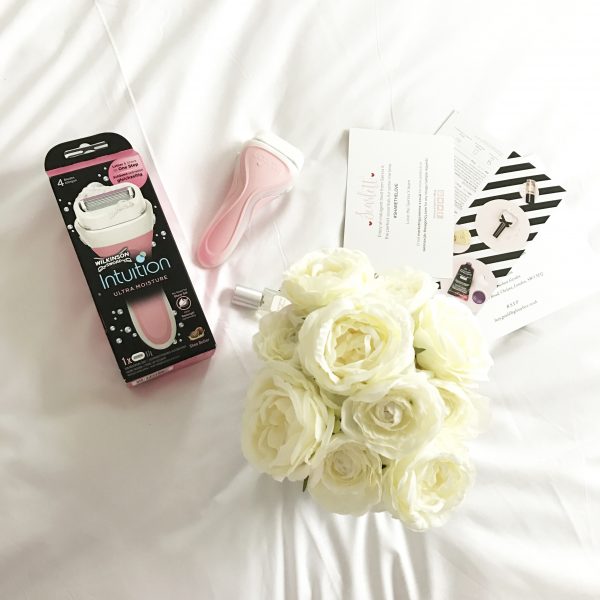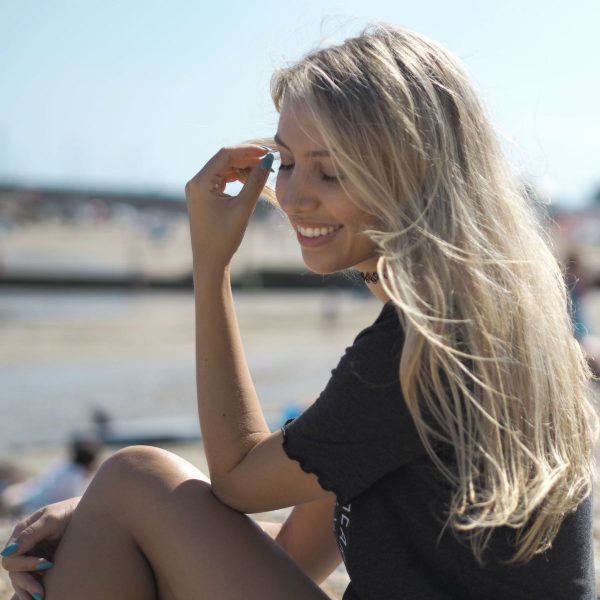What does the term ‘Fairtrade‘ actually mean?
It’s not a test, don’t worry.
But when we were asked that question at an event last week, I’m slightly embarrassed to say that my mind went totally blank.
I remember covering Fairtrade at school and appreciating its efforts in making sure that farmers in developing countries were paid fairly for their produce. However that’s pretty much where my knowledge stopped.
Naively, I just assumed it was a small initiative that you could search out and buy into if you were so inclined.
I guess I didn’t really appreciate the scale of how Fairtrade helps others. What kind of a lifetime it gives to people all over the world. To women all over the world.
Today, is International Women’s Day – which hopes to celebrate women all over the globe, helping forge a better working world and a more inclusive gender equal world.
There’s so many stories cropping up about women in the First World. About our rights, equal pay and global perception.
[pipdig_banner image=”https://scarlettlondon.com/wp-content/uploads/2017/03/Women-347563.jpg”]
[pipdig_left]
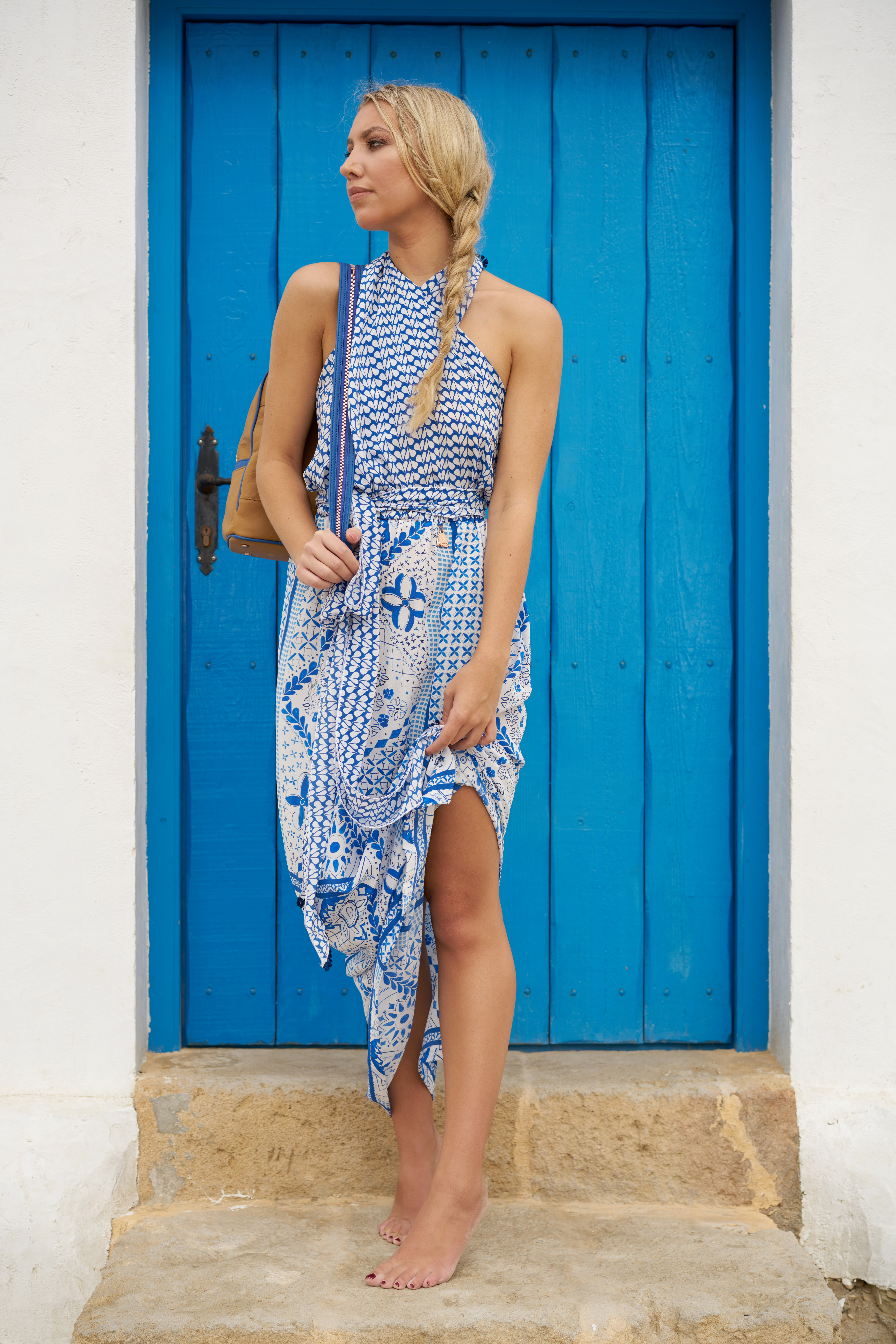
[/pipdig_left]
[pipdig_right]
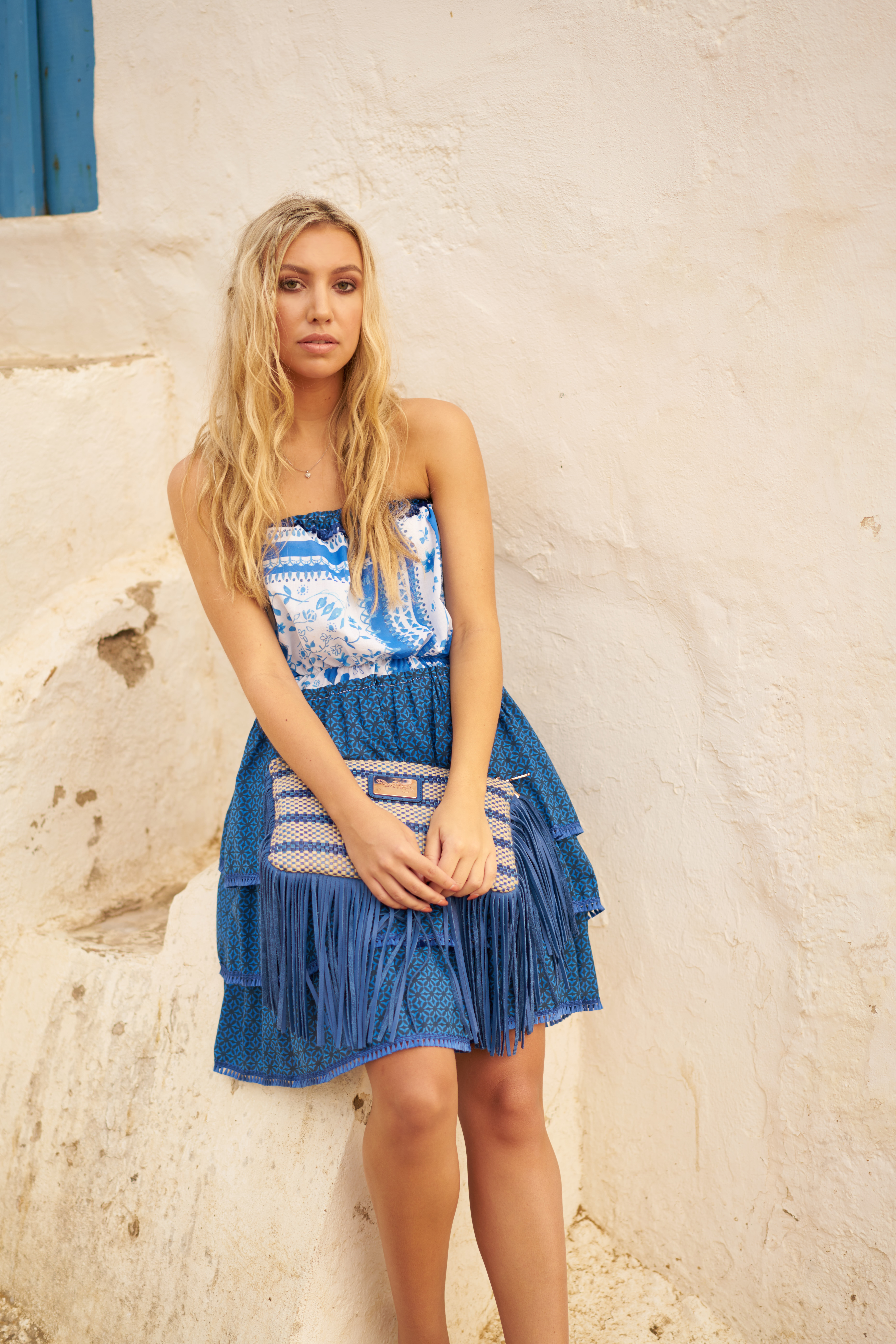
[/pipdig_right]
International women’s day is about celebrating ALL. Women all over the globe.
My friends, my mum, my colleagues, my favourite Hollywood actresses and Esther, the coffee farmer, who you’ll meet later on.
It’s about celebrating our strengths, our beauty and our opportunities. As well as raising awareness and fighting for those that don’t have those opportunities.
My blog enables me to experience the most incredible things. Things that really empower my confidence and my business. Like this photo-shoot I did with Jody Bell last year in beautiful Denia.
I love being a woman!
[pipdig_left]
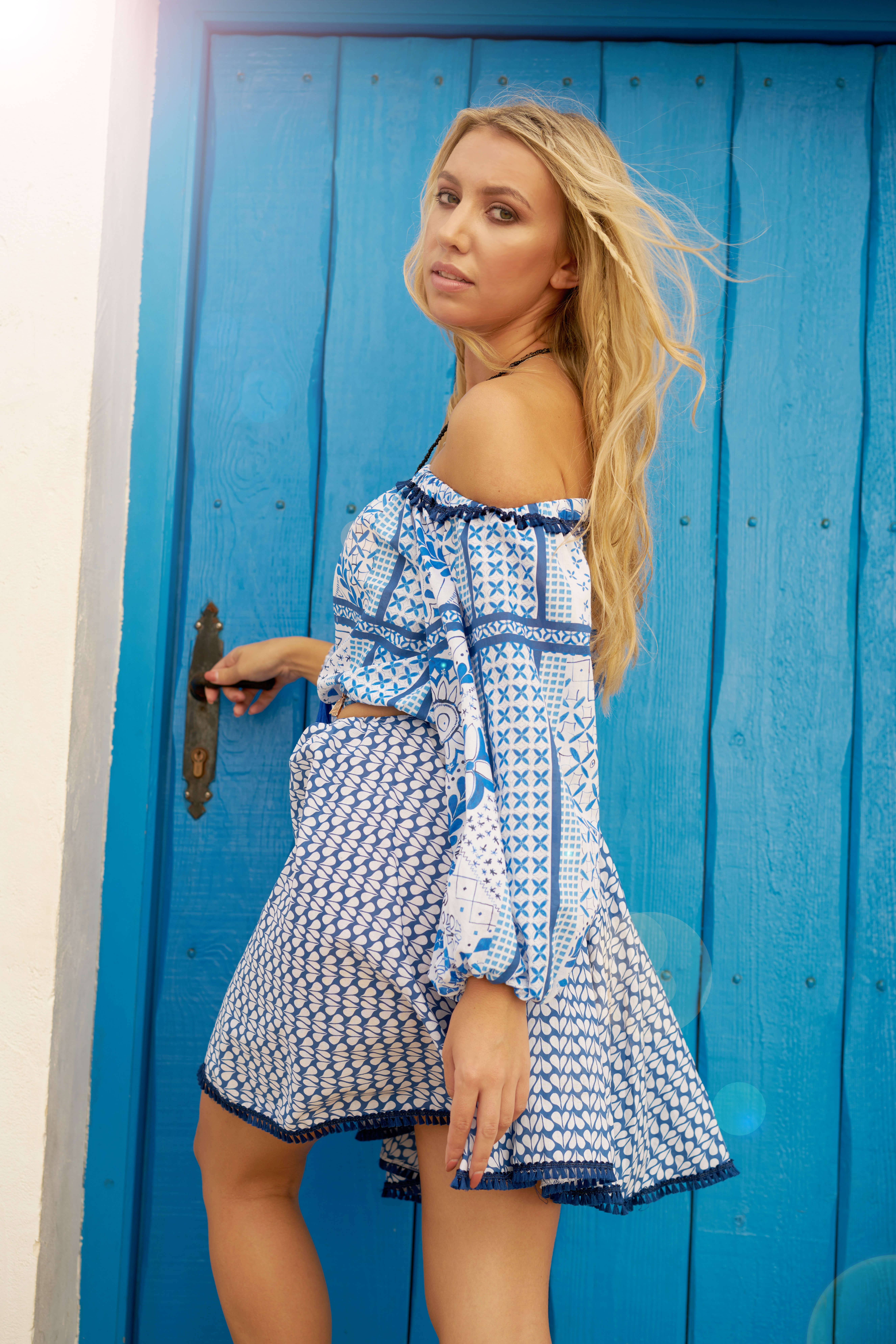
[/pipdig_left]
[pipdig_right]
But do we really stop to think about women in developing countries, who are even further behind than us in forging a fair and more gender equal society.
In my case, I’ll admit, I don’t really.
But I should.
We should.
I like to think I do my bit.
I sponsor a little girl in Nepal and have done for several years, even while I was at University – when during certain stretches, I could have done with the money myself.
But it was £20 a month, which would make much more of a difference to her life, than it would to mine.
She’s the same age as my younger sister and she sends me letters and drawings every few months.
Whenever I’m feeling a bit hard-done-by, her words put things into perspective and help me to reflect.
Every small bit helps, I suppose.
But I didn’t realise quite how much of an impact switching up your produce purchases to Fairtrade, really has.
“I didn’t realise quite how much of an impact switching up your produce purchases to Fairtrade, really has!”
[/pipdig_right]
Without committing yourself to donating, or organising a huge fundraiser event, you are single-handedly supporting farmers who previously, were at the mercy of middle men who named their price and left them with no other option.
Even if it meant the measly amount they were offering would mean the family would go hungry that month.
Fairtrade offers both a support system, with training and help to encourage both men and women into work, but also a fair price for their produce, which has a base minimum throughout the year – meaning they can always rely upon that income, offering a bit more security for their families.
Women, in particular, are encouraged to become businesswomen in their own right. This itself is more of a commodity than you think, because over there – even if you do all of the work yourself, the chances are the land you’re working will be owned by a man and therefore entitled to some (if not all) of the profit.
[pipdig_banner image=”https://scarlettlondon.com/wp-content/uploads/2017/03/Greggs-4836.jpg”]
[pipdig_left]
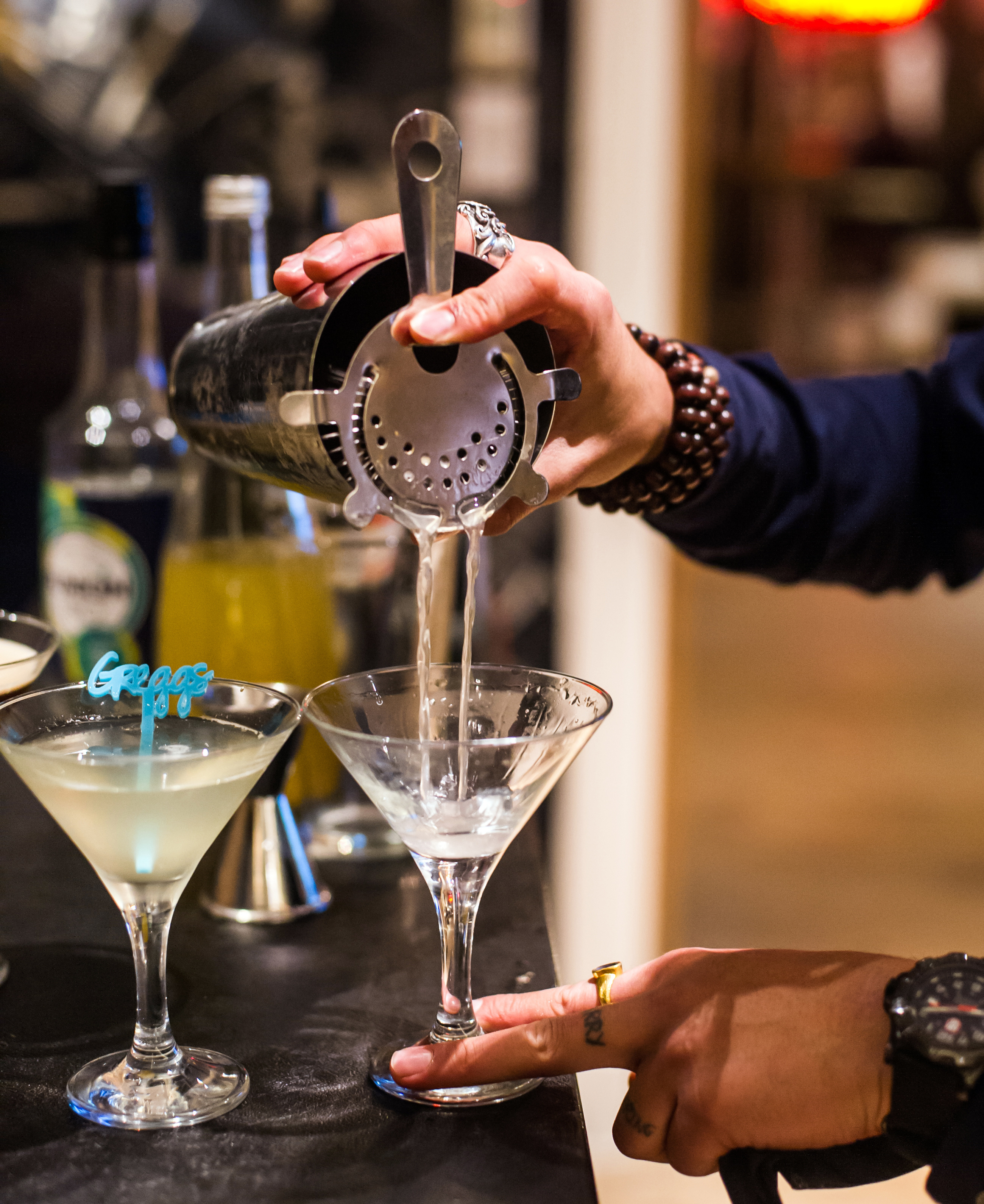
The Event
[/pipdig_left]
[pipdig_right]
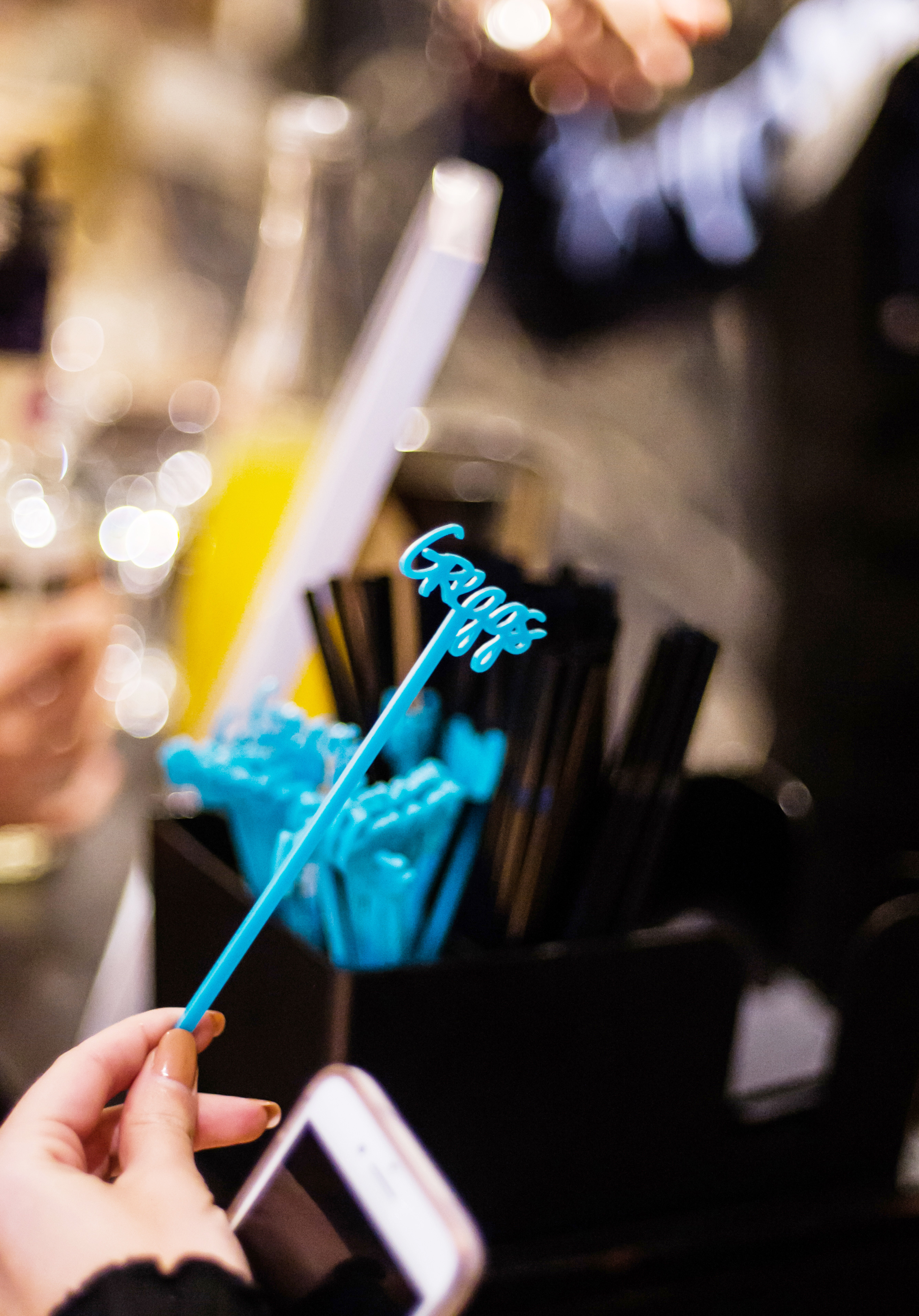
[/pipdig_right]
The reason behind me highlighting all of the important issues above, is because this specific topic was brought to my attention last week, after I was invited to a mystery coffee, cocktail and canapés evening at the stunning Hamyard Hotel.
Myself and a small group of bloggers flocked to the venue to learn about Fairtrade and try to guess the mystery brand that had partnered with them – who we were told had been offering up exclusively Fairtrade coffee to their customers for ten years already.
The guessing game commenced.
After generous cocktail glasses full of expresso martinis and green tea margaritas, we sat down to learn a little bit more about Fairtrade, from the company themselves.
We were introduced to Esther Koskei from Kenya, who is leading the Women in Coffee initiative:
“We are very grateful because we have benefited a lot from Fairtrade certification, because from then on we’ve been having a number of trainings and we as women now know what to do with the coffee bushes.
“We see that our future will be raised and we’ll be self-dependent.”
Fairtrade’s Growing Women in Coffee project encourages the transfer of coffee bush ownership to women coffee farmers in Kenya, who despite contributing up to 70% of the labour required to plant, grow and harvest coffee, rarely own land or coffee bushes, enabling them to earn an independent income for the first time.
So, after all that – we then had to guess who we thought the mystery brand was.
Who had been contributing to Fairtrade for ten years? Who has been serving exclusively Fairtrade coffee on our high street and in turn helping Esther and so many others?
Well, here was my guess…
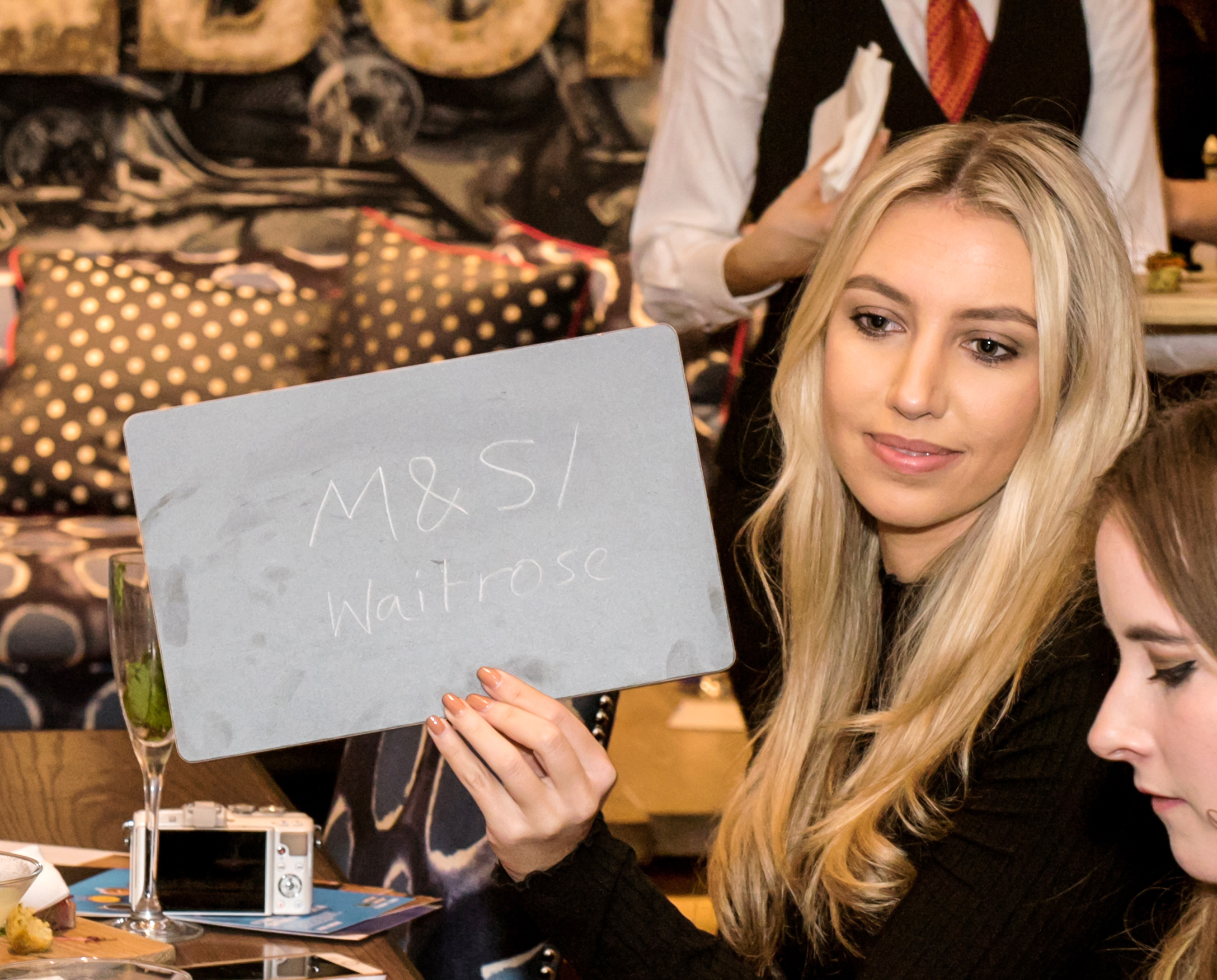
But do you know who it turned out to be?
Greggs.
Yep, our much loved high-street bakery with the most delicious chocolate eclairs.
[pipdig_banner image=”https://scarlettlondon.com/wp-content/uploads/2017/03/Greggs-4587763.jpg”]
[pipdig_left]
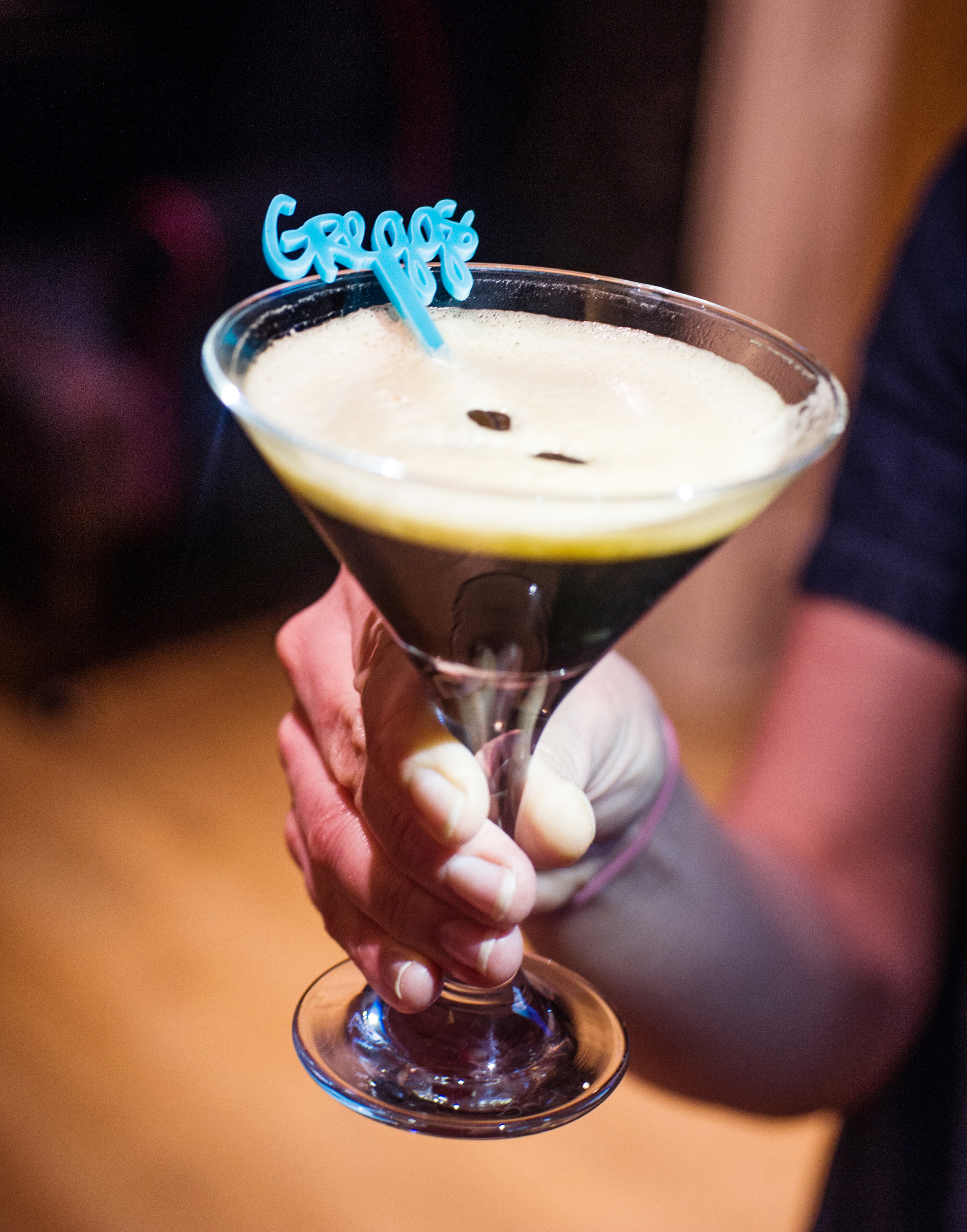
[/pipdig_left]
[pipdig_right]
Greggs’ hot drinks range is certified Fairtrade.
They’d been pouring millions into this vital initiative for ten years (without any real boasting on their part), even though they probably could have saved themselves a lot of money to opt for cheaper coffee.
Each cup of Greggs coffee is made with a unique blend of freshly ground Arabica and Robusta coffee beans which are slow-roasted to create a delicious full flavour.
There are lots of shops and brands on the high street that advocate Fairtrade – and while they’re relatively incognito to those who aren’t looking for them, you can see whether you’re supporting it yourself by looking out for their blue, green and black logo.
1 in 5 people in Kenya live in extreme poverty and 1 in 10 die before their 5th birthday.
Women around the world have been working hard and not being paid fairly, which I personally think is unacceptable.
But sometimes statistics can be a little un-relatable, so lets put it like this. How would you manage if you based your life, mortgage payments and food bill upon your earnings, only for your boss to say “well we’ve only got £100 to pay you this month, take it or leave it?”.
It would be frustrating, upsetting, disappointing, rage-inducing.
But most of all, unfair.
[/pipdig_right]
We’ve probably got family who could help, or a back-up plan. But unfortunately, they haven’t.
We have the power to change all of that, simply by buying Fairtrade bananas, or choosing Fairtrade sugar over other varieties.
Or opting for coffee at Greggs.
It’s certainly opened my eyes to how just tiny changes we make in our everyday lives can help so many around the world.
So with that in mind, I’d like to end with a quote. A quote which stands with relevance to both International Women’s Day and life in general.
“Do your little bit of good where you are; it’s those little bits of good put together that overwhelm the world.” – Desmond Tutu
This post was written in collaboration with Greggs & Fairtrade.
Support Fairtrade and find out more about Greggs coffee.
***
